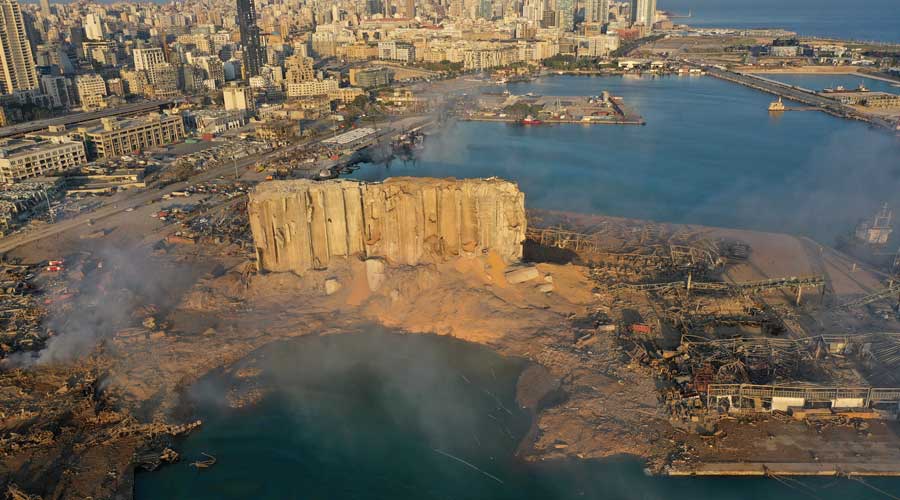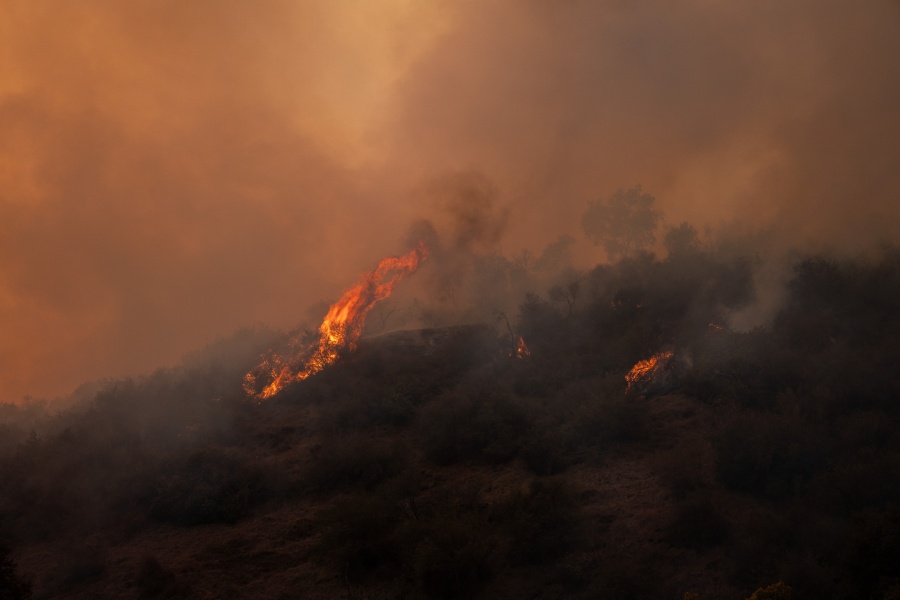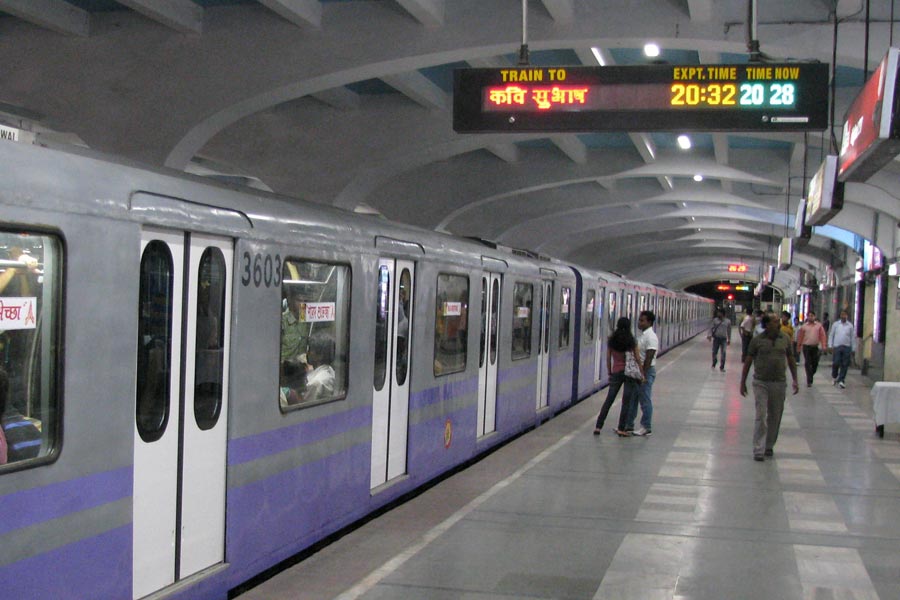Lebanese rescue workers dug through the mangled wreckage of buildings on Wednesday looking for survivors after a massive warehouse explosion sent a devastating blast wave across Beirut, killing at least 135 people and injuring nearly 5,000.
Officials said the toll was expected to rise after Tuesday’s blast at port warehouses that stored highly explosive material.
The blast was the most powerful ever to rip through Beirut, a city still scarred by civil war three decades ago and reeling from an economic meltdown and a surge in coronavirus infections.
It sent a mushroom cloud into the sky and rattled windows on the Mediterranean island of Cyprus, about 160km away.
President Michel Aoun said 2,750 tonnes of ammonium nitrate, used in fertilisers and bombs, had been stored for six years at the port without safety measures.
He told the nation the government was “determined to investigate and expose what happened as soon as possible, to hold the responsible and the negligent accountable, and to sanction them with the most severe punishment”.
An official source familiar with preliminary investigations blamed the incident on “inaction and negligence”, saying “nothing was done” by committees and judges to order the removal of hazardous material.
Ordinary Lebanese, who have lost jobs and watched savings evaporate in Lebanon’s financial crisis, blamed politicians who have overseen decades of state corruption and bad governance.
“This is a catastrophe for Beirut and Lebanon.” Beirut’s mayor, Jamal Itani, told Reuters while inspecting damage he estimated ran into billions of dollars.
The head of Lebanon’s Red Cross, George Kettani, said at least 100 people were killed and search efforts continued.
Relatives gathered at the cordon to Beirut port seeking information on missing relatives, Lebanon’s MTV footage showed.
The intensity of the blast threw victims into the sea where rescue teams tried to recover bodies. Many of those killed were port and custom employees and people working in the area or driving through during the Tuesday evening rush hour.
The Red Cross was coordinating with the health ministry to set up morgues because hospitals were overwhelmed, Kettani said.
Sara, a nurse in Beirut’s Clemenceau Medical Center, described scenes at her hospital after the blast as “like a slaughterhouse, blood covering the corridors and the lifts”.
Facades of central Beirut buildings were ripped off, furniture was sucked into streets and roads were strewn with glass and debris. Cars near the port were flipped over.
“This is the killer blow for Beirut, we are a disaster zone. My building shuddered, I thought it was an earthquake,” said Bilal, a man in his 60s, in the downtown area.
Like others, he blamed the political elite,“Who will compensate for those who lost their loved ones,” he said, describing politicians as“thieves and looters” for driving Lebanon into economic crisis.
Offers of international support poured in. Gulf Arab states, who in the past were major financial supporters of Lebanon but recently stepped back because of what they say is Iranian meddling, sent planes with medical equipment and other supplies. Iran offered food and a field hospital, ISNA news agency said.
The US, Britain, France and other western nations also offered help. The Netherlands said it was sending doctors, nurses and specialised search and rescue teams.
“This explosion seals the collapse of Lebanon. I really blame the ruling class,” said Hassan Zaiter, 32, a manager at the heavily damaged Le Gray Hotel.
For many it was a dreadful reminder of the 1975 to 1990 civil war that tore the nation apart and destroyed swathes of Beirut.
Prime Minister Hassan Diab promised to hold people to account, but Beirut driver Abou Khaled said Diab “and his ministers are the first that should be held accountable. They committed a crime against the people with their negligence.”











